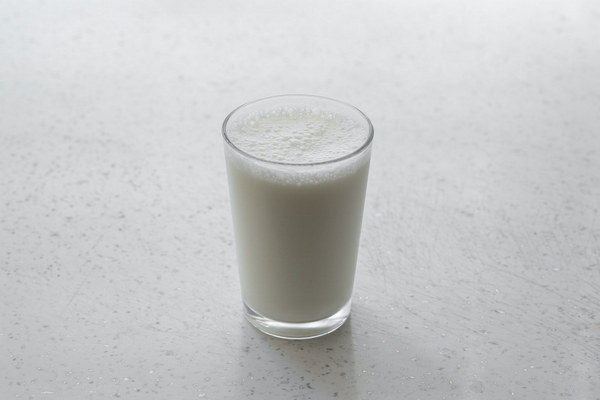Potential Side Effects of LungCare Tea What You Need to Know
In recent years, lung-care tea has gained popularity as a natural remedy for respiratory health. Known for its ability to clear the lungs, nourish the lungs, and moisten the lungs, this herbal tea is often consumed by those looking to improve their lung function. However, like any natural remedy, it is important to understand the potential side effects that may arise from consuming lung-care tea. In this article, we will explore the possible side effects of lung-care tea and provide you with the information you need to make an informed decision about its use.

1. Allergic Reactions
One of the most common side effects of lung-care tea is an allergic reaction. While rare, some individuals may experience an adverse reaction to the herbs used in the tea. Symptoms of an allergic reaction can include hives, itching, swelling, and difficulty breathing. If you have a known allergy to any of the ingredients in lung-care tea, it is best to avoid consumption.
2. Gastrointestinal Discomfort
Lung-care tea often contains ingredients that can irritate the gastrointestinal tract. Some individuals may experience symptoms such as nausea, vomiting, diarrhea, or abdominal pain after drinking the tea. If you experience these symptoms, it is advisable to discontinue use and consult a healthcare professional.
3. Interaction with Medications
Lung-care tea may interact with certain medications, particularly those that affect the heart, blood pressure, and blood clotting. Before starting lung-care tea, it is crucial to discuss your medication regimen with a healthcare provider to ensure that there are no adverse interactions.
4. Blood Thinning
Some of the herbs found in lung-care tea have blood-thinning properties. This can be beneficial for those with blood clots or poor circulation; however, it may pose a risk for individuals who are on blood-thinning medications or have bleeding disorders. Excessive bleeding or bruising may occur in these cases, so it is essential to consult with a healthcare provider before consuming lung-care tea.
5. Excessive Dosage
Consuming lung-care tea in excessive amounts can lead to an accumulation of the active ingredients, potentially causing adverse effects. Symptoms of an overdose may include dizziness, confusion, and an increased heart rate. It is important to adhere to the recommended dosage and not exceed it.
6. Long-Term Use
While lung-care tea may provide short-term benefits for respiratory health, the long-term effects of its continuous use are not well-established. Some individuals may develop tolerance to the herbs, diminishing their effectiveness over time. Additionally, long-term use of certain herbs can lead to liver or kidney damage. It is advisable to consult with a healthcare provider before using lung-care tea for extended periods.
7. Purity and Quality Concerns
As with any herbal product, purity and quality can vary. Lung-care tea may contain contaminants or impurities that can cause adverse reactions. It is important to purchase lung-care tea from a reputable source to ensure its safety and efficacy.
In conclusion, while lung-care tea offers potential benefits for respiratory health, it is crucial to be aware of the potential side effects. By discussing your use of lung-care tea with a healthcare provider and adhering to recommended dosages, you can minimize the risk of adverse reactions. Always prioritize your health and well-being when considering the use of natural remedies like lung-care tea.









